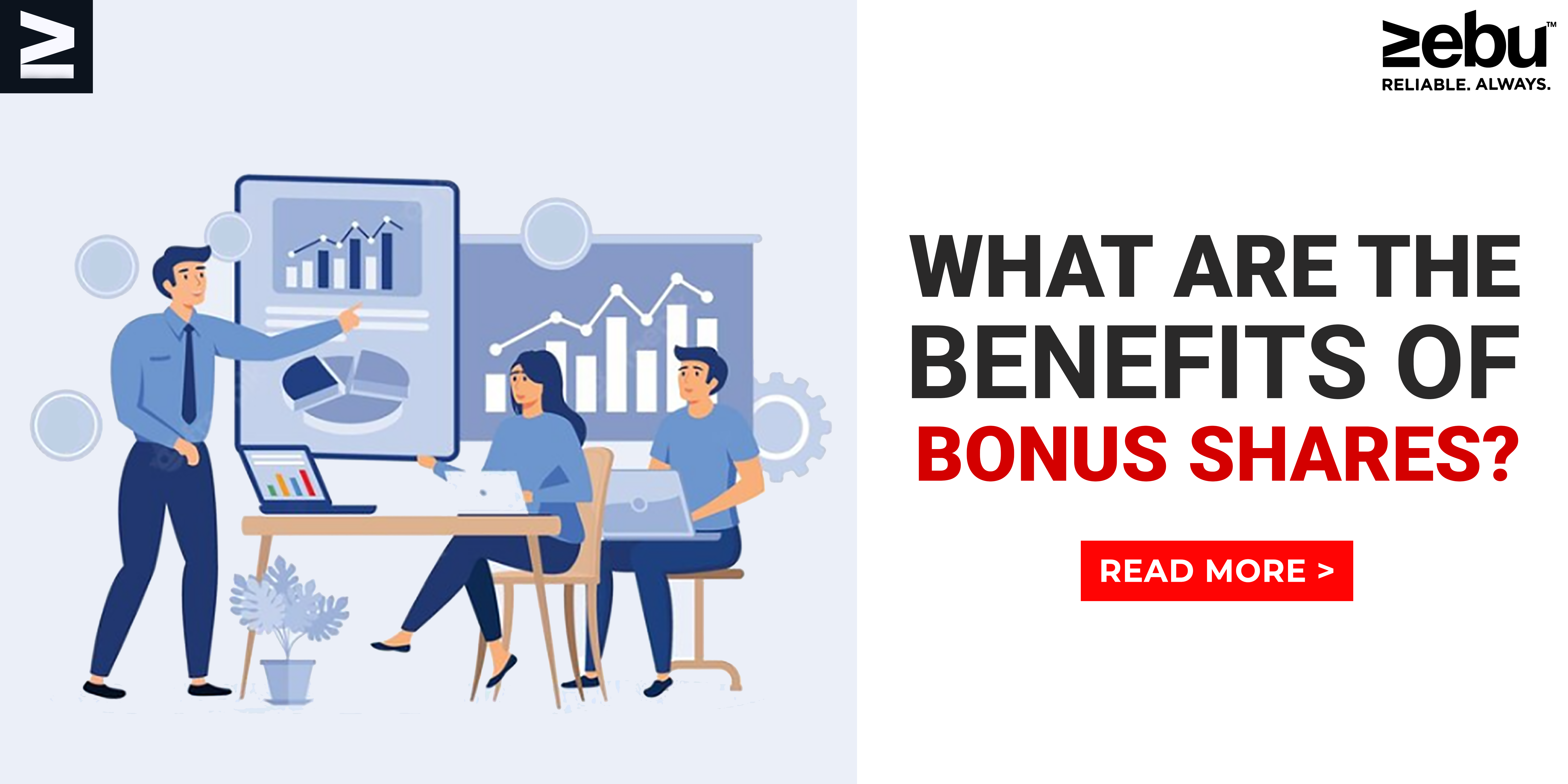
There are two main reasons why some stocks are called “preferred stocks.” The regular dividends paid to people who own preferred shares are more than those paid to people who own common shares. Common stocks pay dividends based on how profitable the company is. Preferred stocks, on the other hand, pay dividends that have already been decided. Preferred stocks are different from common stocks in that they don’t have the right to vote.
In some ways, preferred stock is like a bond. They all have a face value that is used to figure out the dividend. Let’s say that a preferred stock is worth Rs 1,000 and gives a 5% dividend. If the stock is still being traded, it must pay an annual dividend of Rs 50. Preferred stock is riskier than a bond but less risky than regular stock.
Even when a company does well, the value of preferred stocks is not likely to go up by much. So, it is less likely that a person who owns preferred stock will make big money.
Preferred stocks come in many different forms. If you have convertible preferred shares, you can change a preferred stock into a common stock. Also, preferred stock can add up over time. This means that when business is slow, the company might put off paying dividends. But when things get better, they have to pay the dividends that they owe. This must be done before any payments can be made to common stockholders. Another type is redeemable preferred stock. In this case, the business has the option to buy the stock back at a later date.
Know these things about dividends
1. Most companies pay dividends based on their yearly, quarterly, or even one-time profits.
2. The Income Tax Act of 1961 says that income from dividends is taxed.
3. Companies can choose to pay either common dividends, which are payments that change based on how much money they make or preferred dividends, which are payments that always stay the same.
Investor Benefits from Dividends:
Dividends are a predictable, low-risk way for investors to get a return on their investments. Also, as the companies grow, the dividends go up, which makes the stock worth more to investors. You can also use the dividends to buy more shares.
Investors should keep in mind that dividend yields that are higher are not always better. This is because some companies that pay high dividend yields find it hard to keep up these rates over time.
Dividend stocks are a type of stock that is traded on the stock market. These stocks belong to a group of companies that have a history of giving dividends to shareholders. Since these stocks are well-known, have already reached their peak, and are mature, their future growth potential is often much lower than that of growth stocks.
